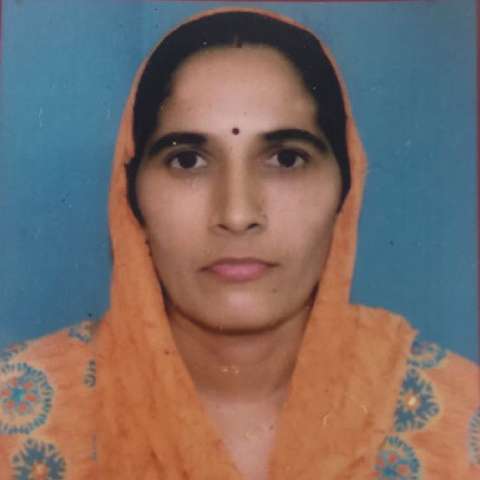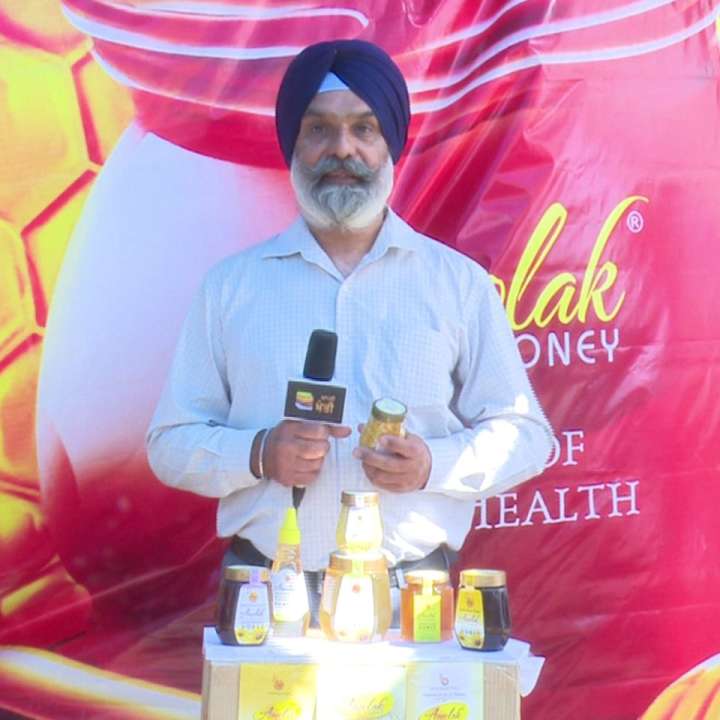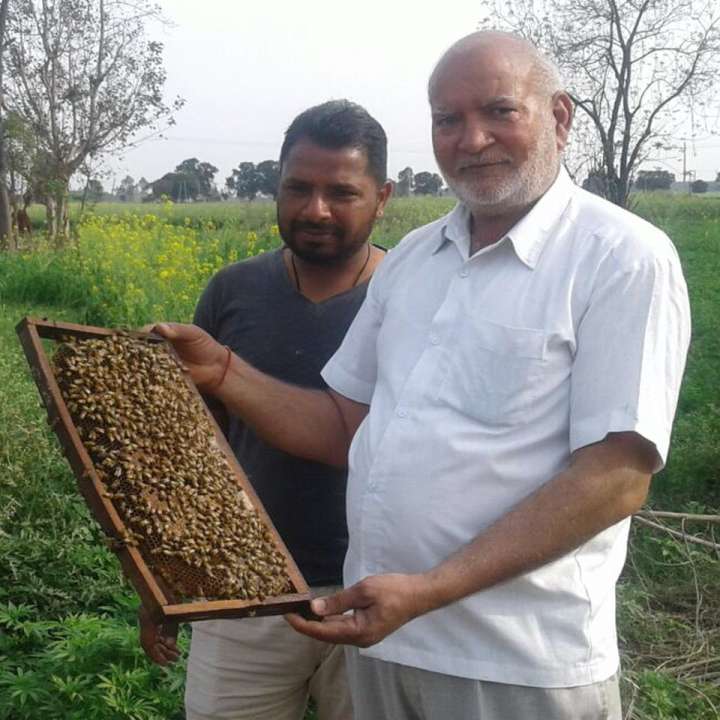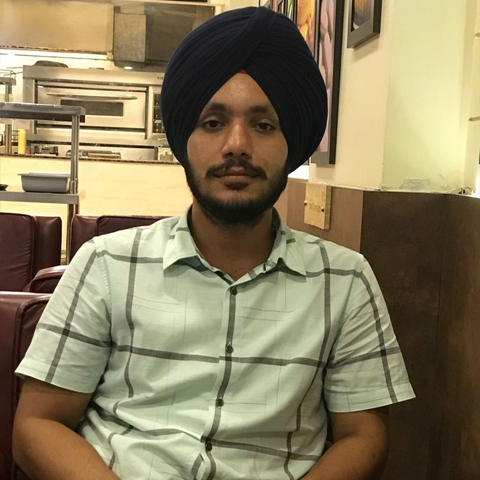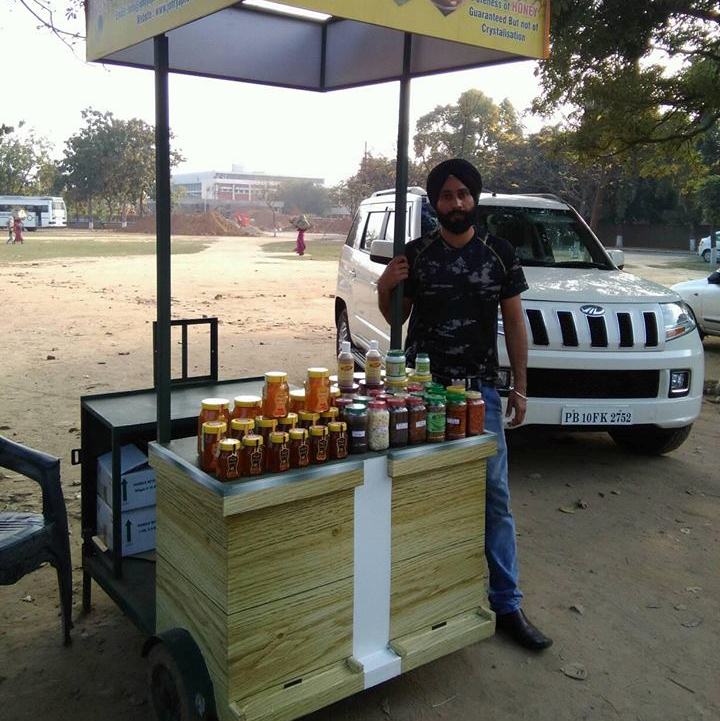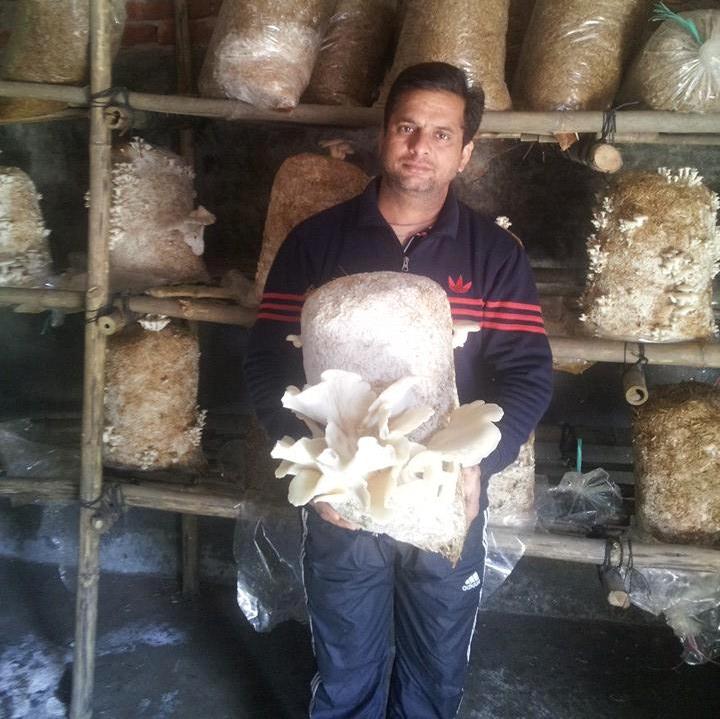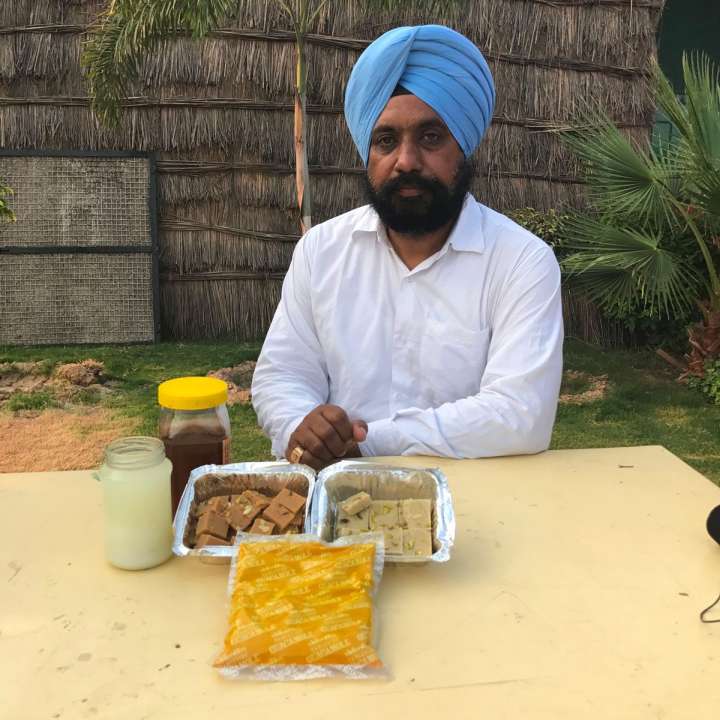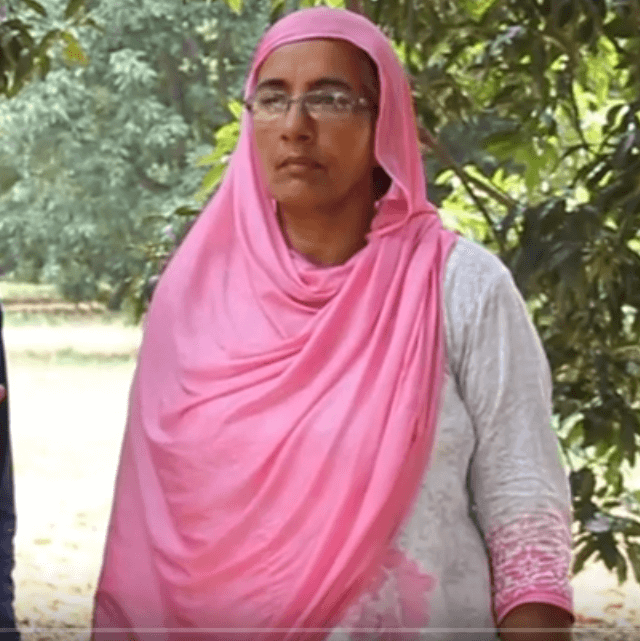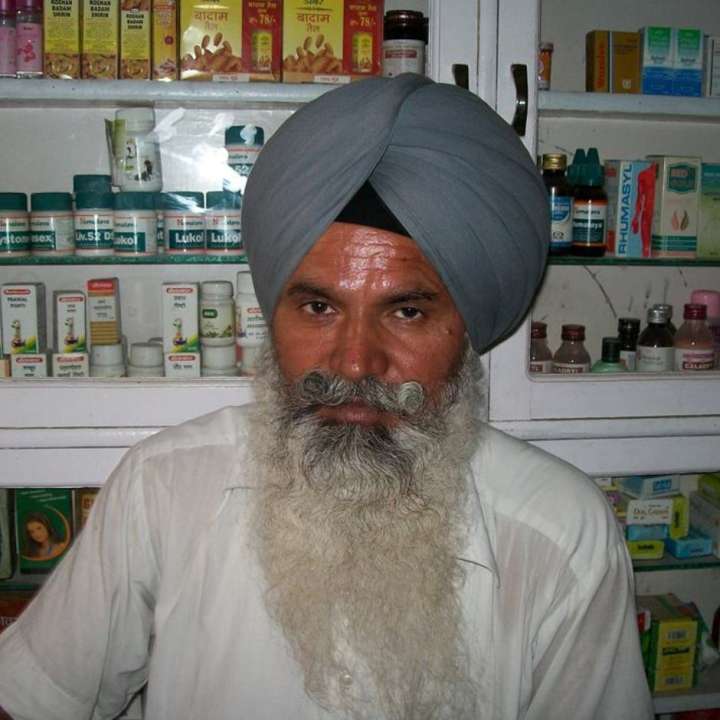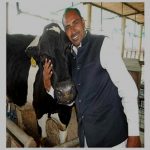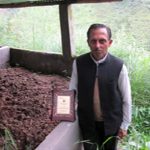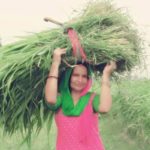A talented daughter … who is working hard to fulfill her father’s dream
In today’s world, where most of the children consider their parents as burden, there is a girl , Priyanka Gupta, who is working hard day and night to fulfil her father’s dream.
Priyanka, who has done MBA (Finance), spent her childhood in a small town of Punjab , Nangal. Her father, Mr. Badridass Bansal, was an employee in Bhakra Dam’s Electricity department and he loved farming in his agriculture fields. He had a small patch of land in his backyard where he usually practiced vegetables farming. After staying in Nangal for long 12 years, he got transferred to Patiala and started living there with his family. They had some spare land in Patiala and so started farming there. Also, they purchased a plot in Sangroor to build their house.
Mr. Bansal retired from the electricity department as Chief Engineer. Due to this period, they got to know that Priyanka’s mother , Veena Bansal, was suffering from cancer . She bravely fought the disease for a long time and later bid the world goodbye.
After Veena Bansal’s death, Badridas devoted all his leisure time to farming. As there was no construction near the plot that he purchased in Sangroor, he cleared all the land and started to do farming there. In the next 10 years, he gained great experience and knowledge in farming. Looking at his farming methods and the end products he started gaining popularity among his relatives as well, who became his regular customers. Realizing his capabilities Mr. Bansal took up farming as his occupation.
Unfortunately, later he started facing some health issues. To help her father Priyanka enrolled herself in farming. Gradually, her interest in farming also increased.
Initially, they started working with Punjab Agro, where they were really doing well and their sales were at its peak. Eventually, they opened a shop in Sangroor with 4-5 farmers, but due to some problems they had to shut down their shop.
At present, they have a 4 acre farm in Sangroor but it is not registered because the farm land is taken on lease and the owners are not ready to get it registered.
Priyanka faced various problems in her farming journey but always overcame them with the help of her education. This father and daughter duo spent most of their time on farm and practice pure organic farming.
They faced various problems during the marketing but due to her studies, she managed do it . They spent their most of the time on farm and they did purely organic farming.
Priyanka is professionally not only trained in biscuit and squash manufacturing (Punjab Agricultural University) but also in bee-keeping.
Priyanka got a training of biscuit and squash manufacturing from Punjab Agricultural University, Ludhiana. She also got training of bee-keeping from which she learned a lot.
Priyanka’s husband Mr. Kuldeep Gupta who is an architect, all of his friends and relatives buys products prepared by Priyanka.
“People’s perception is that organic products are costly but it doesn’t make much difference. Crops grown using insecticides and other chemicals are very dangerous for human health. So instead of eating such products all should prefer organic products because nothing is more valuable than our health.” – Priyanka Gupta
- Biscuit (without ammonia)
- Pickle
- Vaddiyan
- Black chickpeas
- White chickpeas
- Red lentil (Saabut masar)
- Turmeric
- Besil
- Flax seeds (Alsi)
- Nigella
- Fennel
- Mustard
- Garlic
- Onion
- Potato
- green gram
- Jowar
- Bajra
- sesame
- Desi Maize
- All vegetables
- Brahmin
- Stevia
- Harar
- Moringa
- Mango
- Guava
- Cranberry
- Mint
- Tulsi
- Lemon
- Bael
- Neem
- Khas
- Shehtoot
- Amla
- Ashoka
Except making these products, Priyanka also manages to do bee-keeping and poultry. Her husband also helps her in this work.
She said, “ We do not practice monocroping (cultivating paddy and wheat) but also grow Jowar, Bajra and Maize. We grow number of different crops in a year.”
She is planning to sell all the products to a single person who can further market her products because she wants to devote all the time in improving quality of the products and fulfilling her father’s dream.



